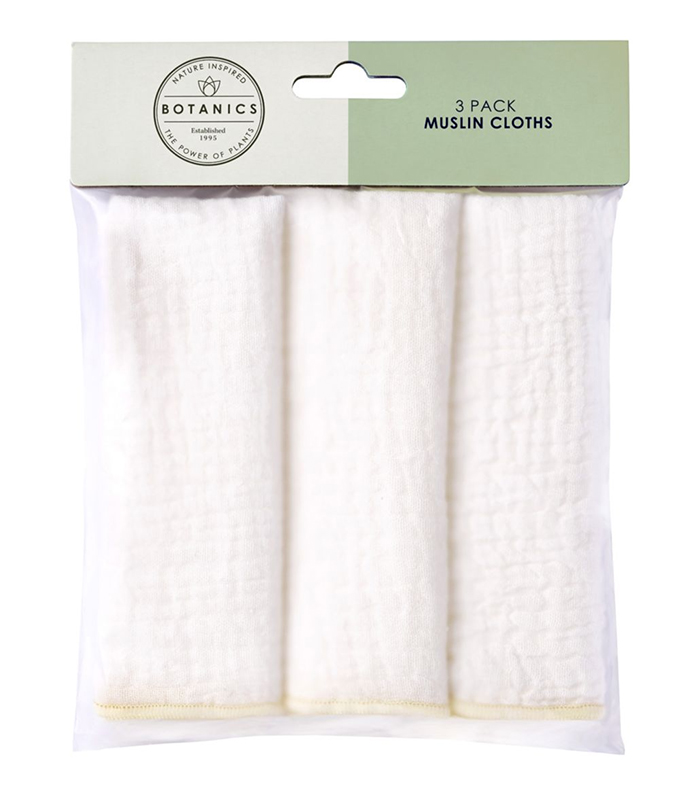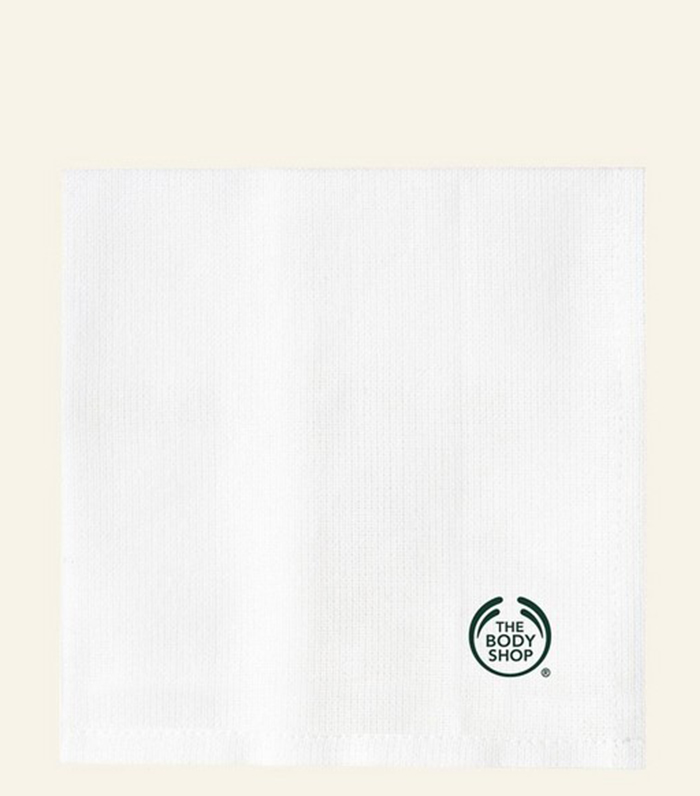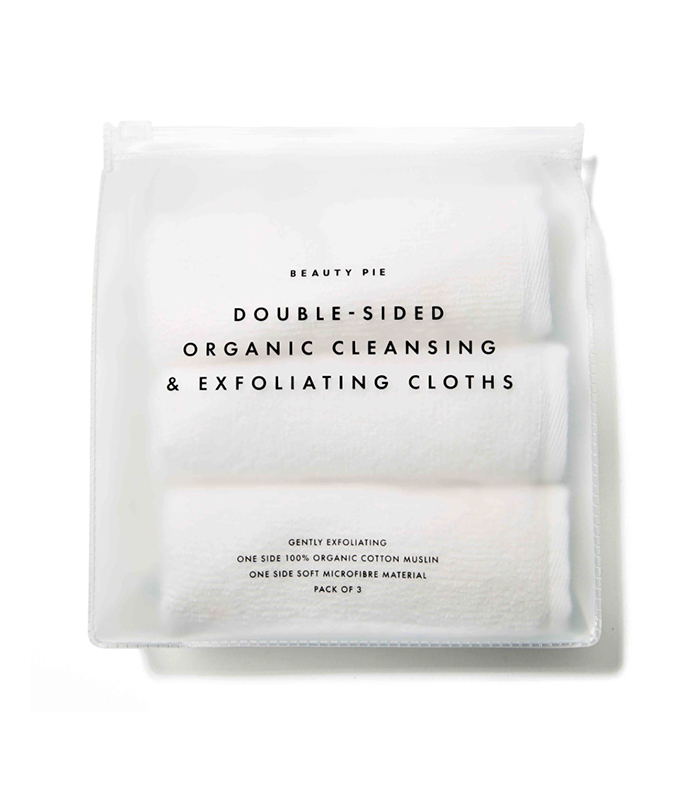I'm a Beauty Expert, But I Wish I'd Learned These 5 Skincare Lessons Sooner
I have worked in the beauty industry as a journalist for over six years. I spend my days absorbing information from any expert who is willing to have me chew their ear off. I hear from product formulators most days, get unfiltered access to some of the world's top dermatologists and have a whole bunch of celebrity facialists on speed dial. It is through these relationships (and a ton of reading and researching) that I am able to weigh up all of the differing opinions out there and attempt to make sense of it all through my writing. It's safe to say, therefore, that after years of listening, I have become a bit of a walking encyclopedia when it comes to skincare.
Sure, I might be considered an expert in all things beauty, but a skin expert, I am not. Yes, I absorb information and try hundreds of products, but fully understanding the ins and outs of skincare takes years of medical training. If you ask me, any advice from a beauty editor that claims to have the answers to your skincare woes (unless they have the scientific qualifications to back it up), should be taken with a pinch (read: handful) of salt. We can help decipher the beauty industry jargon, lie out what certain ingredients should do and warn you off products that will no doubt be bad news, but we can't cure acne, we can't tell you with absolute certainty that a product will work and we definitely can't give you all of the answers.
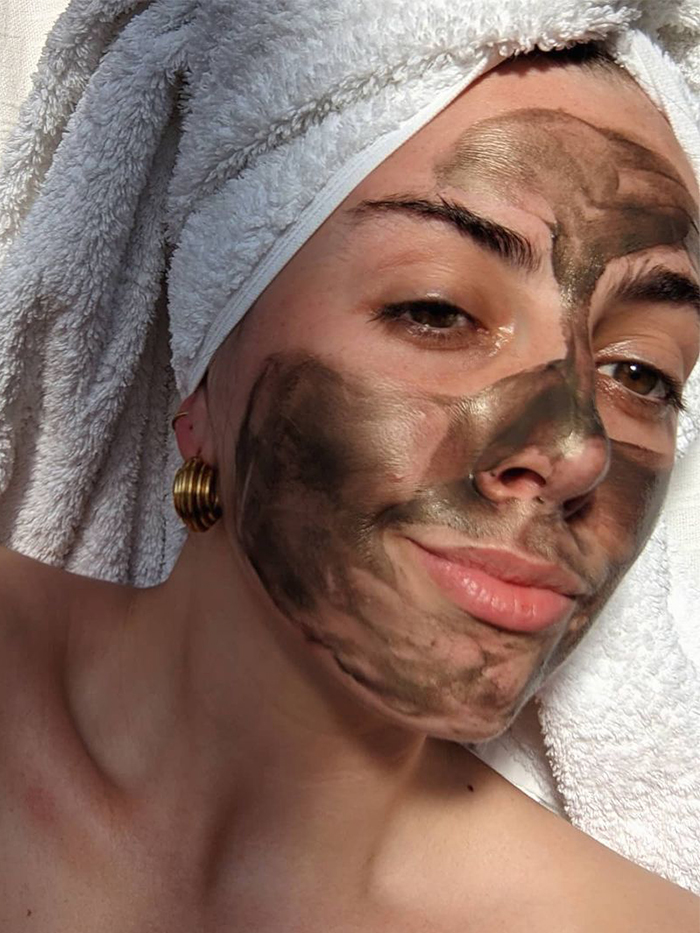
Sadly, though, it's very easy to get caught up in the details. In fact, I spent the first half of my career obsessed with the right and wrong things to do when it comes to skin. I preached that makeup should never be slept in, face scrubs should be avoided at all costs and that not wearing SPF rain or shine was the biggest sin out there. And while there is some truth to all of the above statements, experience and wisdom have taught me that a one-rule-fits-all approach can be just as damaging.
If the events of the past year have taught me anything, it's that our beauty routines come in all different shapes and sizes, and shaming others for not adhering to beauty's insanely high standards is not the way forward. As a result, I sat down and thought long and hard about how I want to proceed with the way I do my job. I reflected on all of the countless skincare lessons I have been taught over the years and realised that the majority were either conflicting, debatable or downright unattainable and draining. In reality, only a handful of tips have been simple, sensical and easy enough to really make an impact on me. Keep scrolling for the five simple skincare tips I think everyone should be aware of.
#1: Cleansing Requires a Face Cloth
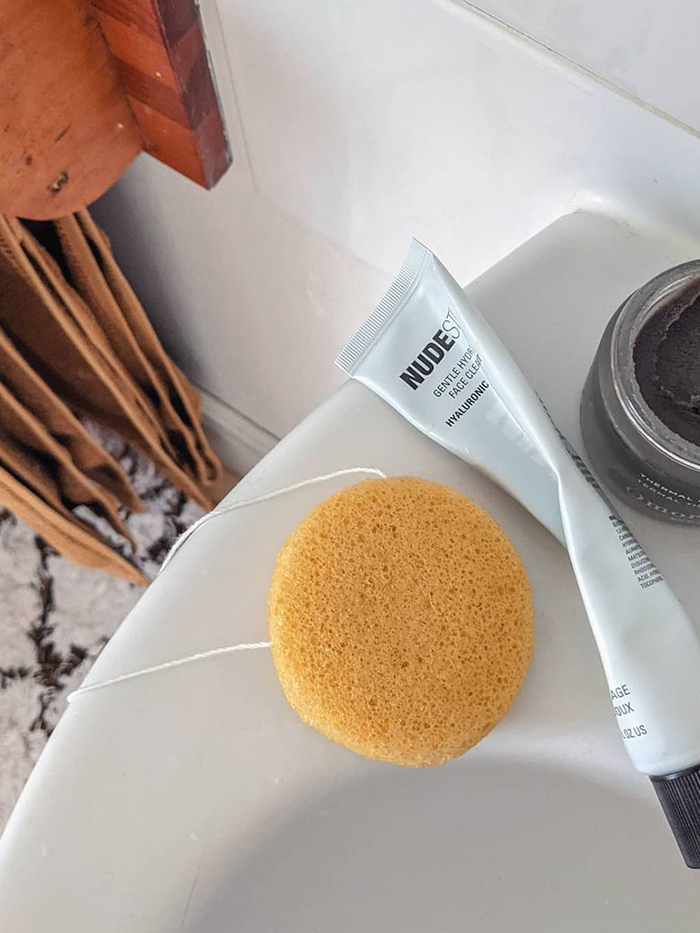
Cleansing is without a doubt the most important skincare ritual you can adopt if you want to ensure clear, healthy skin. And yes, face wipes and micellar water are probably better than nothing, but using a wash-off cleanser is the single best thing you can do to prevent breakouts and premature ageing.
For many years, I thought I was doing everything right by using a wash-off cleanser both morning and night. However, a few years ago I went to see Pamela Marshall, clinical aesthetician and co-founder of Mortar & Milk (who I now consider as the best of the best when it comes to skin health), and she alerted me to the fact that using a flannel, sponge or face cloth to remove your cleanser is imperative. She asked me to show her with my hands how I rinse off my cleanser. I motioned the classic face splash that you see models do on TV ads. Marshall then asked me to motion how I clean grime off my kitchen surfaces. When I motioned wiping it with a cloth, she asked me if I would consider the kitchen side clean if I simply splashed it with water. The penny dropped. In order to truly rid your face of breakout-causing bacteria, it's important to remove your cleanser with a cloth.
Shop Muslin Cloths
#2: Face Cream Isn’t Essential
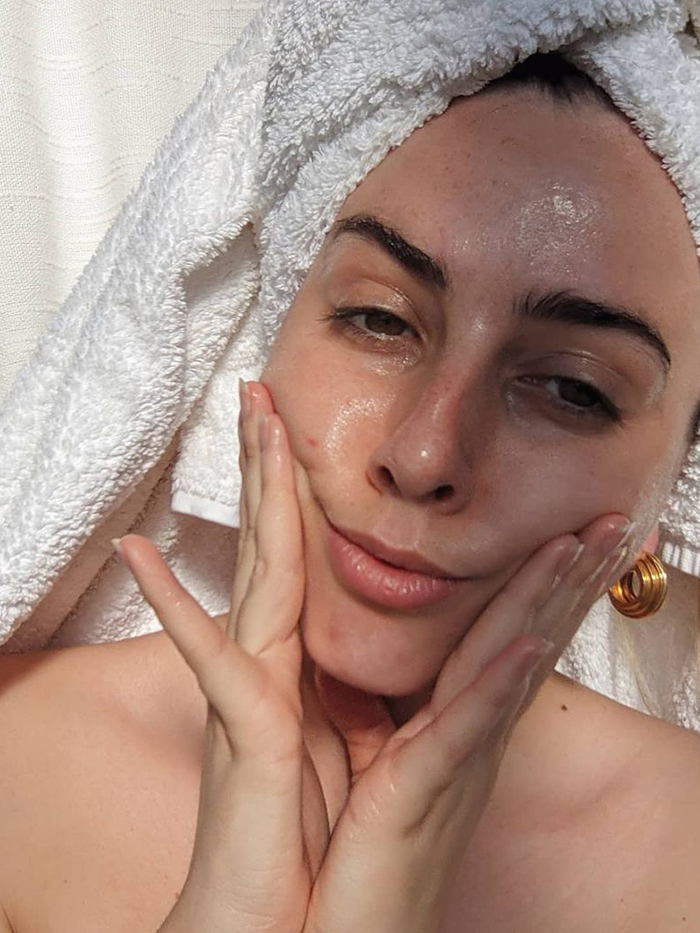
I would like to highlight that skipping face cream isn't the same as skipping moisturiser. For many years, as an impressionable, young assistant, I was fed information from experts and beauty editors that I looked up to that implied moisture is the most important aspect of skin health. And they weren't wrong. Ensuring your skin has a healthy moisture barrier is imperative if you want your skin to remain glowing, free from irritation and clear of breakouts.
But this doesn't mean loading up your routine with moisturising creams is suitable for everyone, and I learned that the hard way. I have naturally very oily skin and slathering it in thick creams, I have learned, is a surefire way to cause breakouts. In the morning, for most skin types, a thick day cream isn't necessary, especially if your SPF has a rich, creamy texture. Come evening, those with normal to dry skin types will traditionally benefit from a nourishing cream. But for me, a lightweight serum that delivers essential ceramides and hyaluronic acid are all I need. If you find you break out with thick creams, don't force it, and instead, look for moisture-boosting serums. Serums not providing enough for you? Add in a cream!
Shop Lightweight Moisturisers
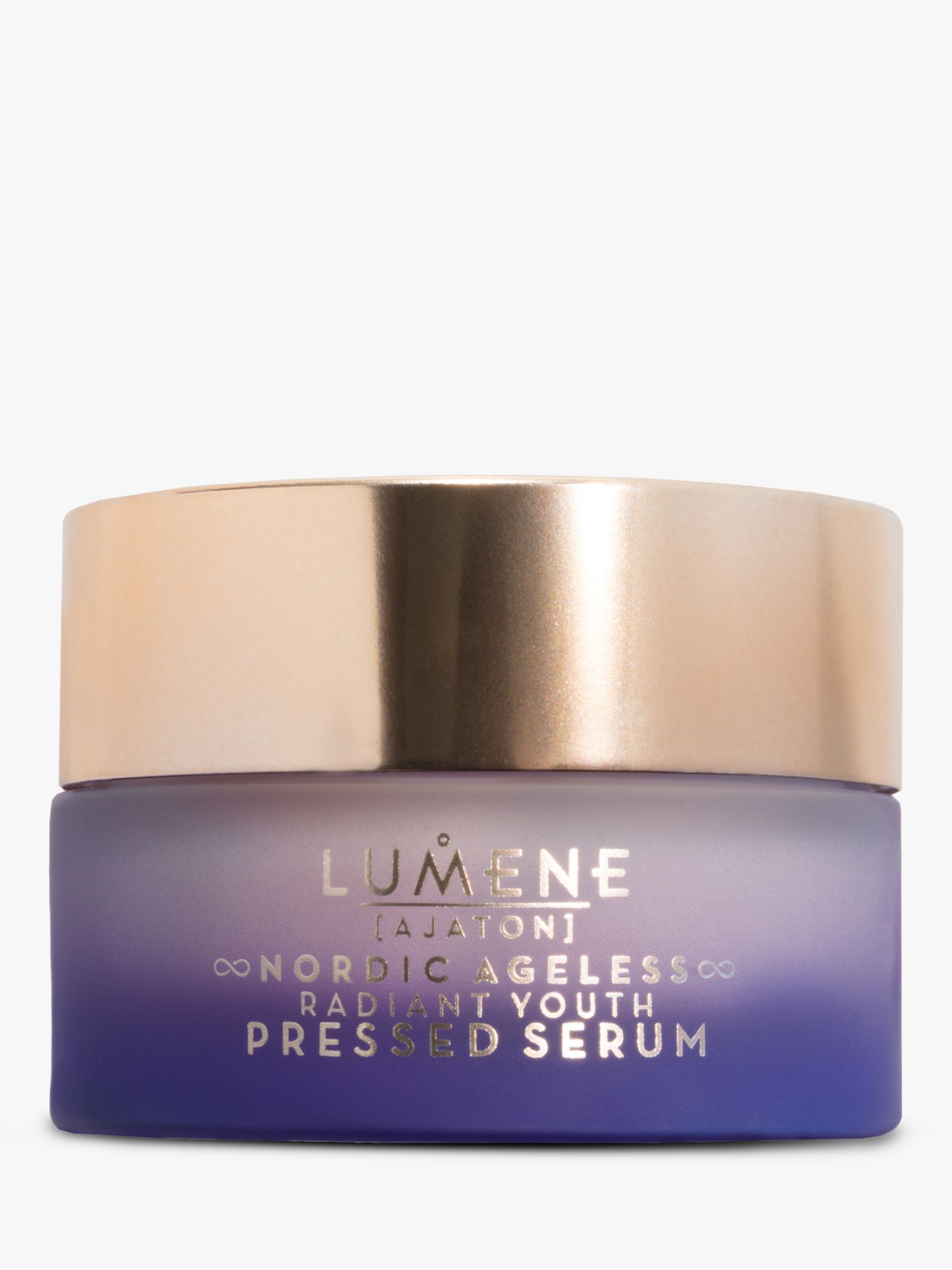
This pressed serum sits somewhere between a lightweight moisturiser and rich serum. For when my skin is particularly tight or dry, this stuff is like a veil of comforting hydration.
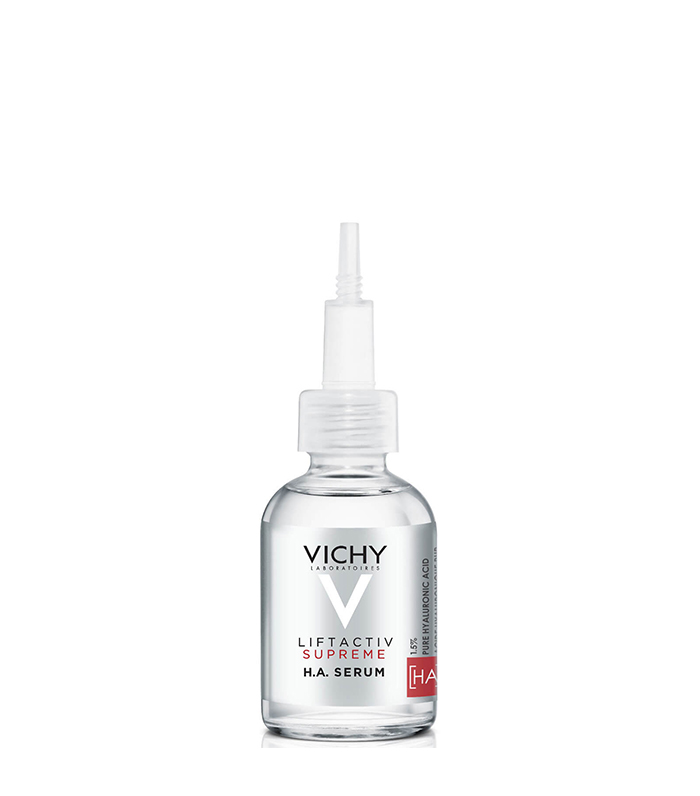
I use this plumping hyaluronic acid serum morning and night. It's lightweight enough to use under SPF and makes for the perfect addition to my nightly routine.
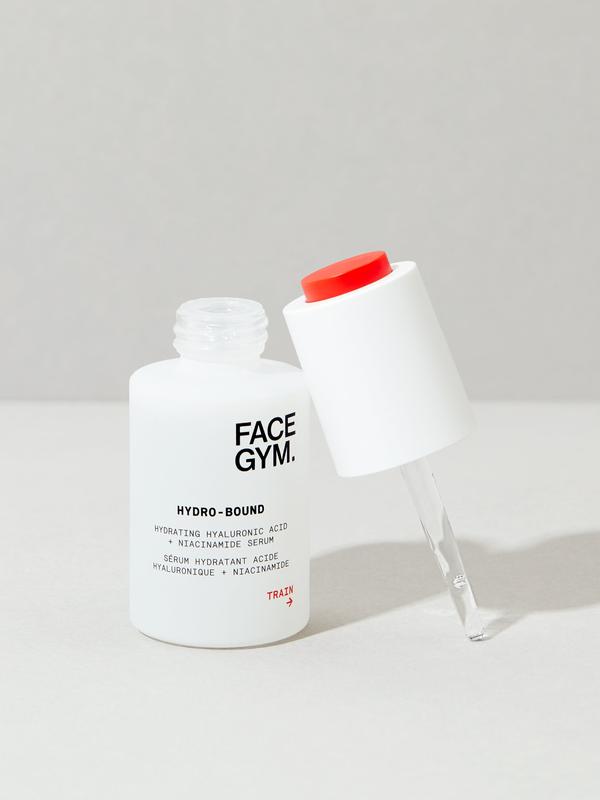
Packed with hydrating hyaluronic acid, as well as pore-refining and inflammation-reducing niacinamide, this serum contains all of the basic, hydrating powerhouses my skin needs day-to-day.
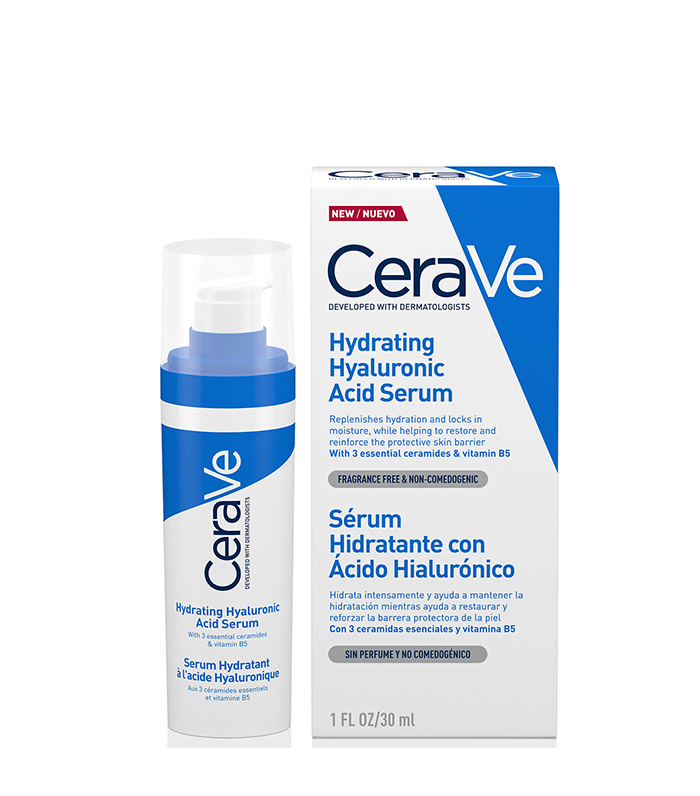
Easily one of my favourite skincare finds of the year, this gel-cream serum contains plumping hyaluronic acid as well as essential ceramides, which work to restore the skin's natural moisture balance and promote a healthy barrier. It has become my nighttime go-to.
#3: Scrubs Aren’t Always Bad
Out of all of the skincare lessons I have learned, this remains perhaps the most controversial. You see, this is something I have sort of figured out for myself and I want you to hear me out. I grew up during a time when St. Ives Apricot Face Scrub was the skincare product to own. I used it once a week throughout my teens and loved the way it made my skin feel so smooth and soft. And then, the beauty world decided that all face scrubs were basically the devil, and we should be using acid exfoliants instead (like glycolic acid). In my early twenties, I binned all of my much-loved scrubs and started incorporating acids into my routine whenever I could (2–3 times a week, in the evenings).
During those years, I battled redness, sensitivity, breakouts and even a bout of perioral dermatitis. Even as a beauty journalist, I struggled to strike a balance between strong acid exfoliants and the necessary moisture my skin would require after treatment. After speaking to a number of dermatologists, they insisted that the right acid is likely out there for me, but if trying to find it is causing my skin trauma, there is a place in most routines for a scrub too. Now, I like to use both, just in moderation. The key, I have learned, to a great face scrub that isn't too abrasive is looking for a gentle formula designed for weekly use (at a maximum) and knowing when to lay off if the skin turns red and irritated.
Shop Face Scrubs
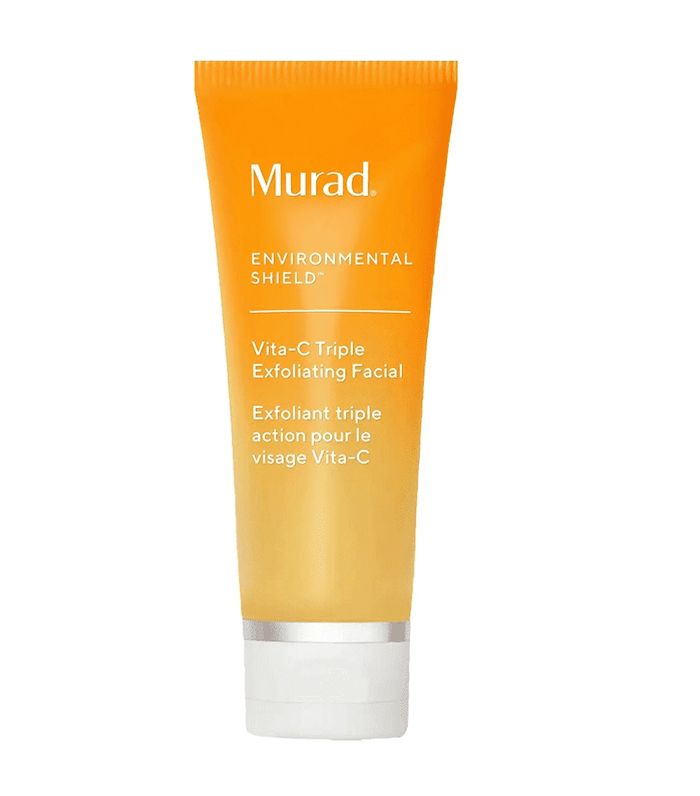
This exfoliating treatment contains a mixture of AHAs, BHA, enzymes and physical scrubs to offer next-level exfoliation. I only use it once a week if my skin really needs it, but it leaves it almost impossibly glowing and healthy-looking. The best bit? The colour changes when it's time to stop scrubbing to stop you from going overboard.
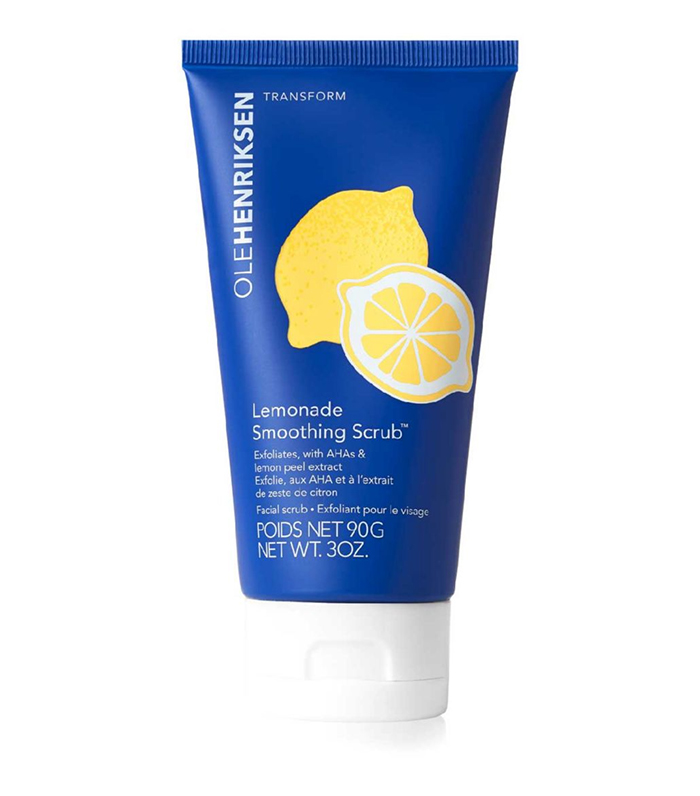
Containing a blend of AHAs and lemon-peel extract to deliver ample exfoliation, this scrub leaves skin looking and feeling seriously fresh.
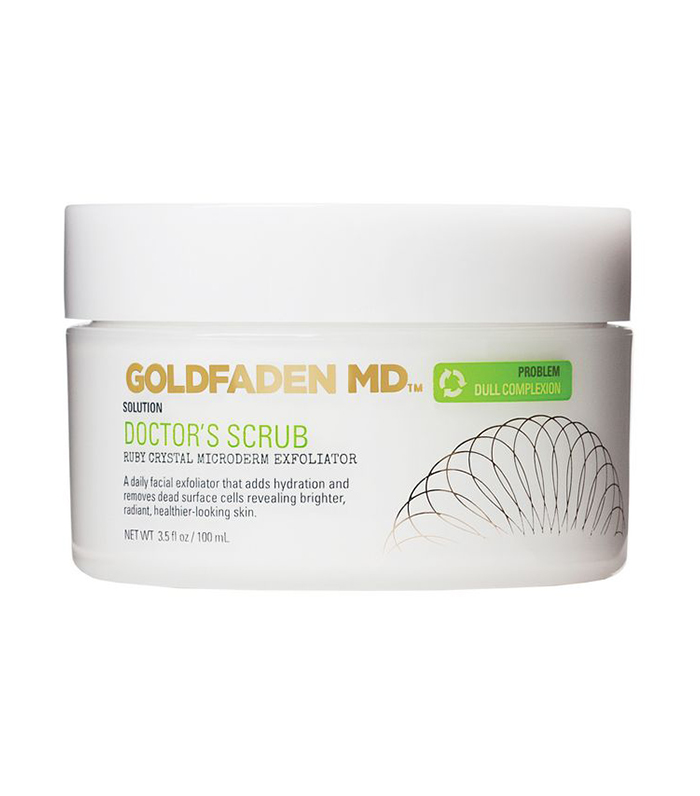
This stuff means business. When my pores require some serious unclogging, this hardworking scrub sorts them out. It might not be right for sensitive skin that is easily irritable, but if you're looking for a real deep clean, it goes unrivalled.
#4: Forgoing SPF Won’t Make Breakouts Better
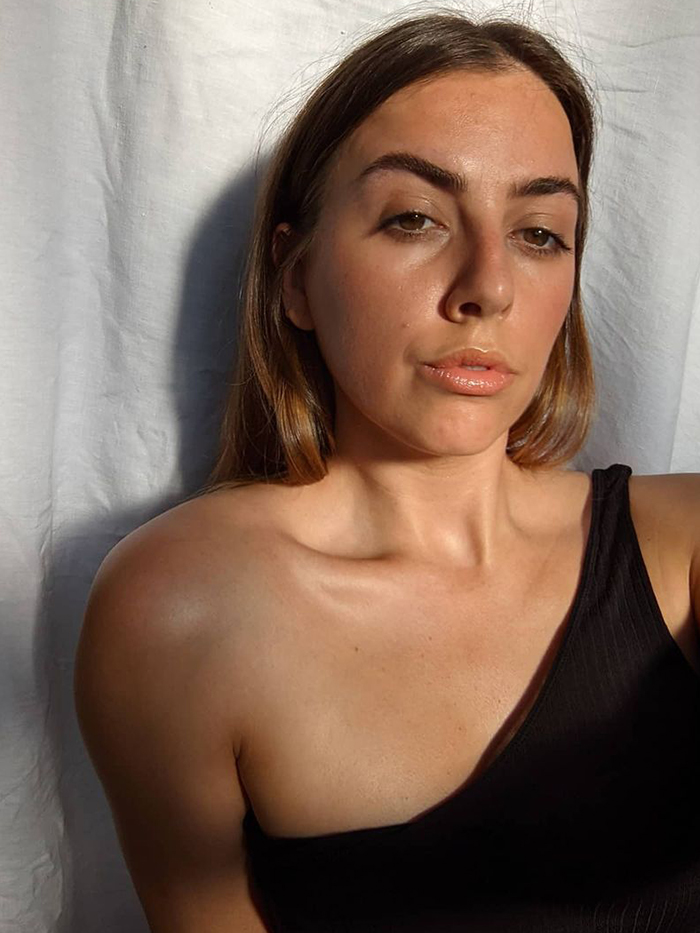
Perhaps my most recent discovery when it comes to skincare is that skipping your daily SPF application isn't the wise thing to do if you're experiencing a breakout. Traditionally, SPF formulas are greasy and have contributed to my congestion and breakouts. That being said, protecting your skin from UV rays is imperative if you want to ensure your spots heal quickly and with minimal scarring. For me, finding a lightweight, non-comedogenic facial sun cream that I can apply everyday has made all of the difference when it comes to minimising redness and blemish-related pigmentation.
Shop Lightweight SPFs
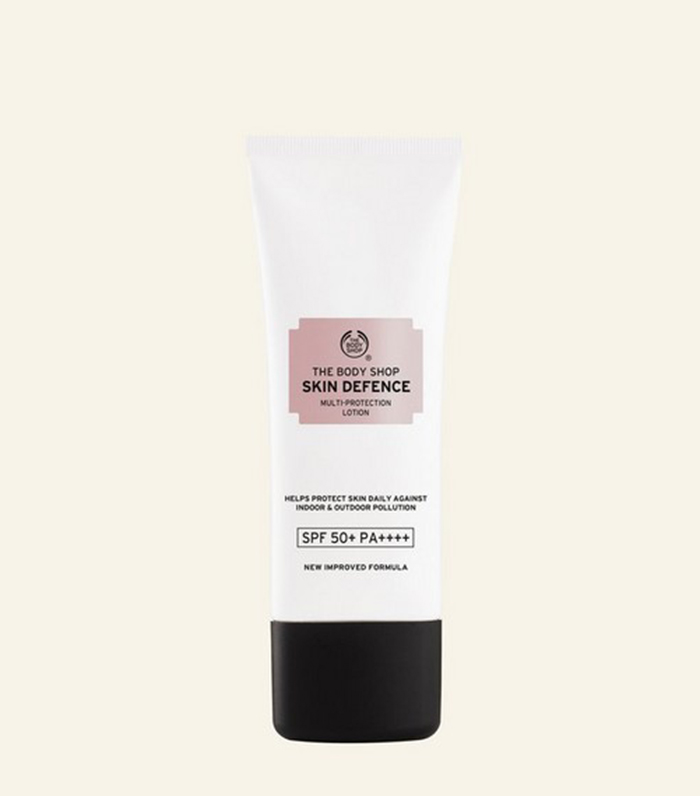
Referring to my earlier point about day creams, this stuff is the perfect example of an SPF that delivers enough glowing hydration to double up as both high-level UV protection and hydration-boosting moisturiser.
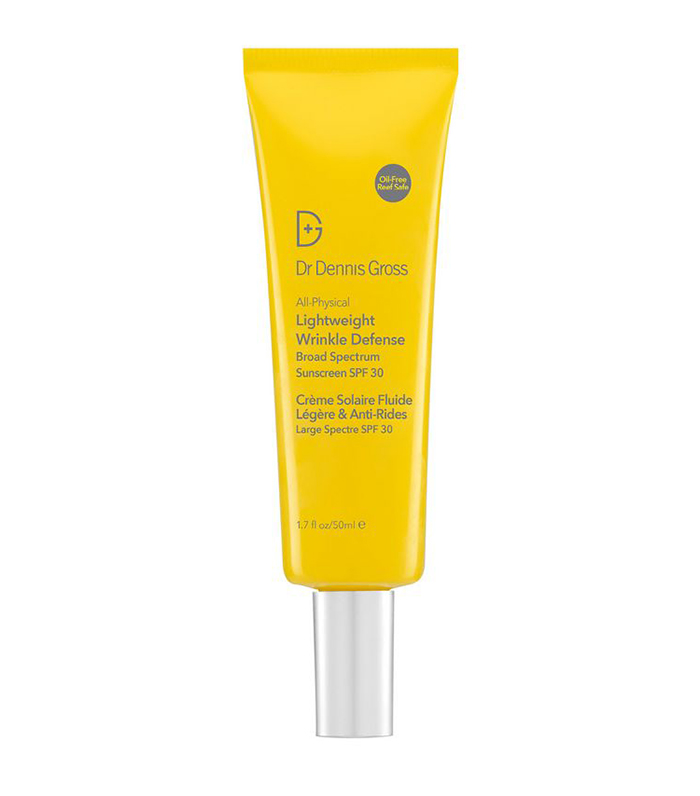
This daily SPF utilises mineral (or physical) sunblocks meaning it's non-greasy and perfect for both oily and sensitive skin types. Plus, it doesn't leave skin looking chalky!
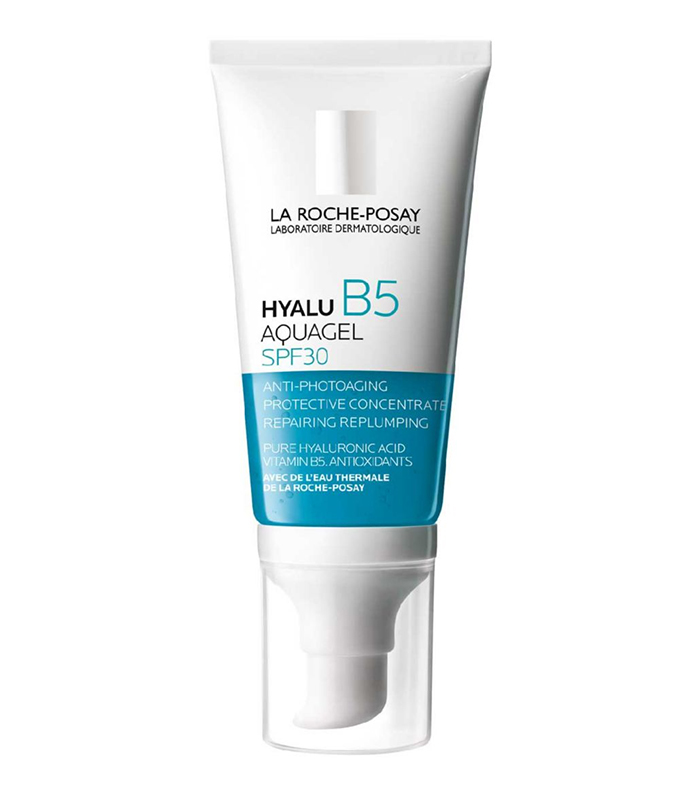
If you hate the feeling of greasy creams as much as I do, this super-lightweight gel formula protects skin from the sun, delivers plumping hydration and makes for the perfect base for makeup.
#5: If It Ain't Broke, Don't Fix It
Finally, this is the most important skincare tip of them all. While some experts will scare you off using face wipes (I personally don't advocate using any single-use beauty product for waste reasons) and tell you that mixing retinol with acids is the worst thing you can do, the truth is, if you've found products that keep your skin happy, make sure you cherish them.
The most important thing when it comes to skincare is to listen to what your own skin is telling you, not what a skinfluencer or beauty editor wants to preach to you on Instagram. Of course, there are things that we can all do to help safeguard our skin against future damage (and making additions and tweaks off the back of expert recommendations should always be encouraged) but if you've already got something good, never feel shamed out of it.
Up next, makeup artists say these six moisturisers will age you in reverse.
Shannon Lawlor is the beauty director at Who What Wear UK. With over a decade of experience working for some of the beauty industry’s most esteemed titles, including Marie Claire, Glamour UK, Stylist and Refinery29, Shannon’s aim is to make the conversation around beauty as open, relatable and honest as possible. As a self-confessed lazy girl, Shannon has an affinity for hard-working perfumes, fool-proof makeup products and does-it-all skincare.
